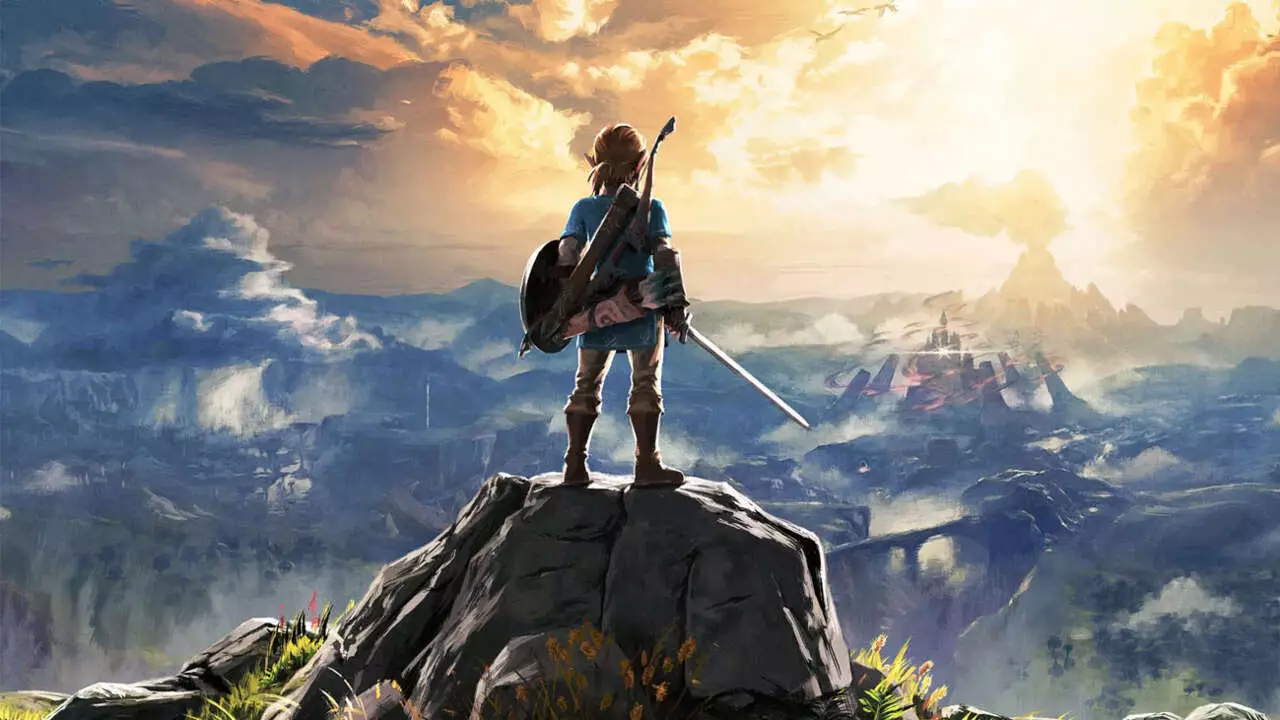Last month, excitement swept through the gaming community when Chris Carpenter, known for both his directorial and acting talent, initiated a Kickstarter campaign aimed at creating a fan film based on the iconic Legend of Zelda franchise. This ambitious project, titled “Lost in Hyrule,” garnered initial support, raising about $24,000. Fans were thrilled at the prospect of seeing a beloved video game universe brought to life on screen, with Carpenter set to portray the famous hero, Link, and Avi Lake cast as Princess Zelda. The film was conceived to bridge the narratives following the events of “Ocarina of Time” and “Majora’s Mask,” enticing longtime fans eager for closure in Link’s story.
However, this dream quickly turned into a cautionary tale. The campaign attracted significant attention, not just from supporters but also from Nintendo, the gaming giant known for its fierce protection of its intellectual properties. Nintendo’s history of litigating against projects it deems infringing illustrates its stringent stance on unauthorized adaptations of its franchises. The company’s swift and predictable reaction led to the suspension of Carpenter’s Kickstarter, effectively preventing the film from moving forward. Producer Dio Traverso confirmed that all funding would be halted, a disappointing outcome for many who anticipated the film.
The abrupt end of “Lost in Hyrule” raises questions about the viability of fan-created content within the expansive realm of popular video game franchises. The community is often left in a paradox—deep affection for the source material fuels creative expressions, yet the shadow of legal repercussions overshadows these endeavors. It appears that while fans are eager to engage with beloved characters and situations, companies like Nintendo prioritize brand protection over community engagement, leading to a disconnect between creators and the corporate entities that own these franchises.
From a broader perspective, the incident stands as a testament to the delicate balance between homage and legal boundaries. The Legend of Zelda series has long been embraced by a devoted fan base, and many have taken up the challenge of celebrating its lore through various mediums. Unfortunately, as demonstrated here, such endeavors can be swiftly quashed by corporate interests. Interestingly, while Carpenter’s project faced closure, there are other adaptations, such as Wes Ball’s upcoming film project, that have received the green light, albeit without substantial updates since their announcement.
The fate of “Lost in Hyrule” serves as a stark reminder of the hurdles independent creators face when paying tribute to established intellectual properties. Although the Kickstarter campaign rallied support and enthusiasm, the swift response from Nintendo showcases a complex relationship between creators and corporate ownership in the entertainment industry. As fans look onward, they may find solace in engaging with licensed adaptations but will remain hopeful for a future where creative passion can flourish without the looming threat of legal constraints.

